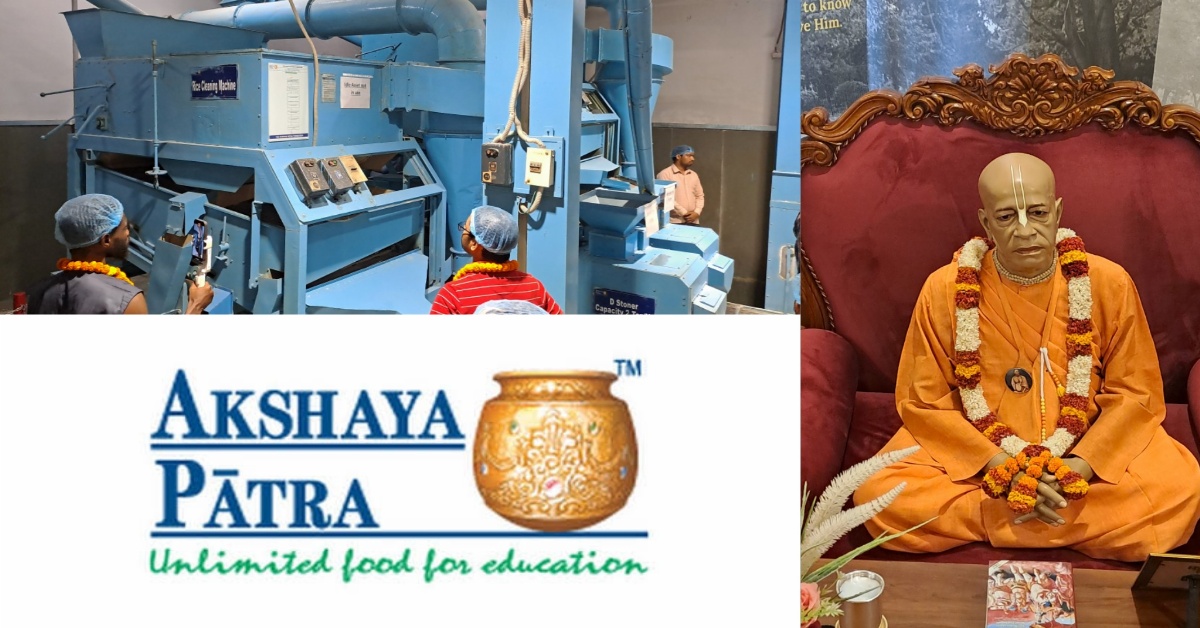As part of a recent familiarization visit to India for West and Central African content creators, I had the opportunity to tour the Akshaya Patra Foundation’s centralized kitchen in Bangalore – one of the largest school feeding initiatives in the world.
The experience was nothing short of transformative, offering powerful lessons on how a well-structured public-private partnership can effectively address child hunger and improve education outcomes.
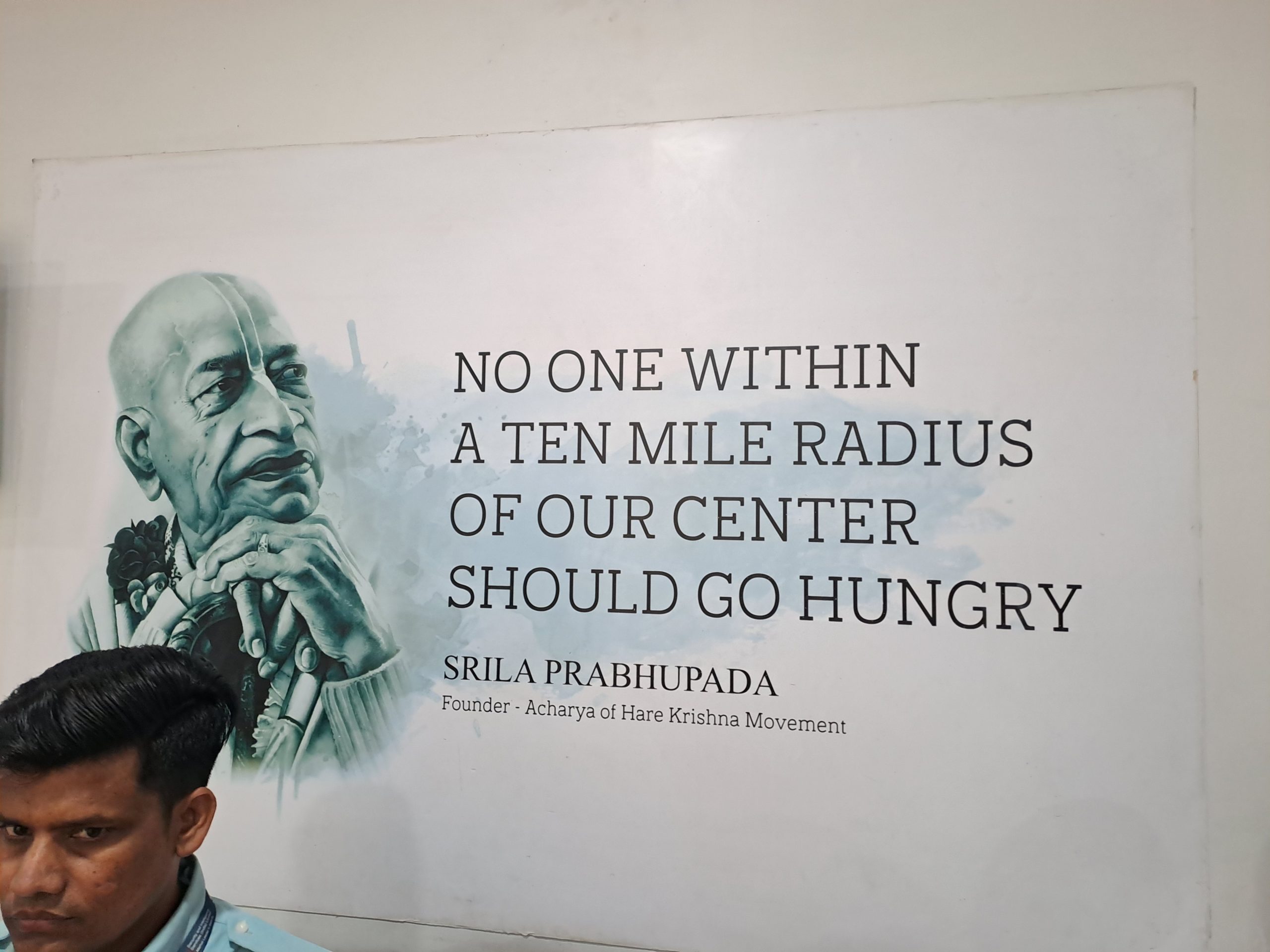
Founded in 2000, Akshaya Patra currently serves over two million children daily across 15 Indian states. The model is built on a simple yet impactful vision: “No child in India shall be deprived of education because of hunger.”
The foundation partners with the Indian government under the Mid-Day Meal Scheme to provide freshly cooked, nutritious meals to children in public schools. What makes Akshaya Patra exceptional is its blend of cutting-edge technology, meticulous logistics, and deep humanitarian values.
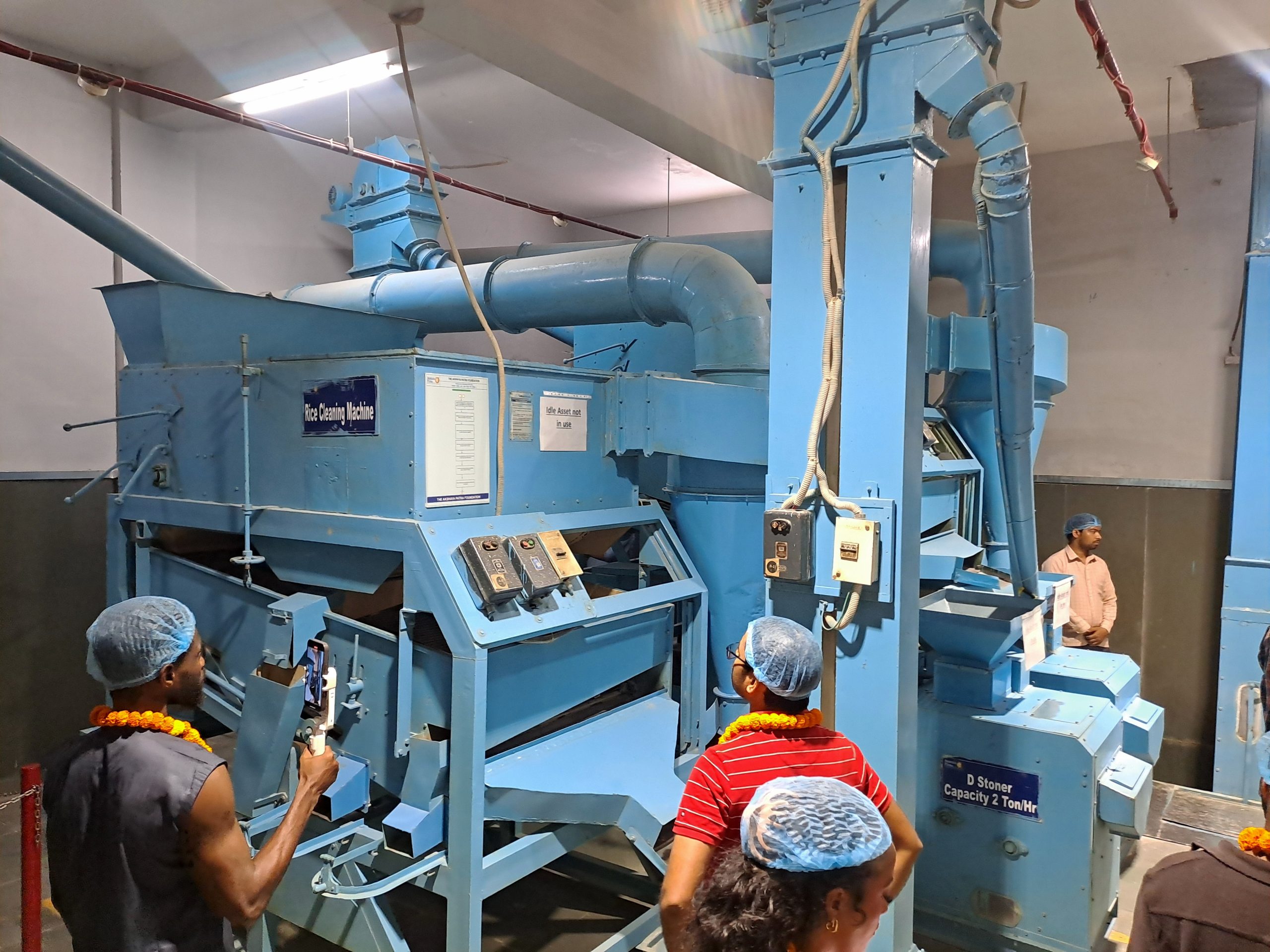
At the heart of their operations is an automated kitchen facility – a marvel of efficiency and hygiene. In less than four hours, the Bangalore kitchen prepares meals for over 100,000 schoolchildren.
From rice boilers to vegetable cutters, every process is optimized to reduce waste and maintain nutritional standards. The meals are then delivered in GPS-tracked vans to schools, ensuring timely distribution.
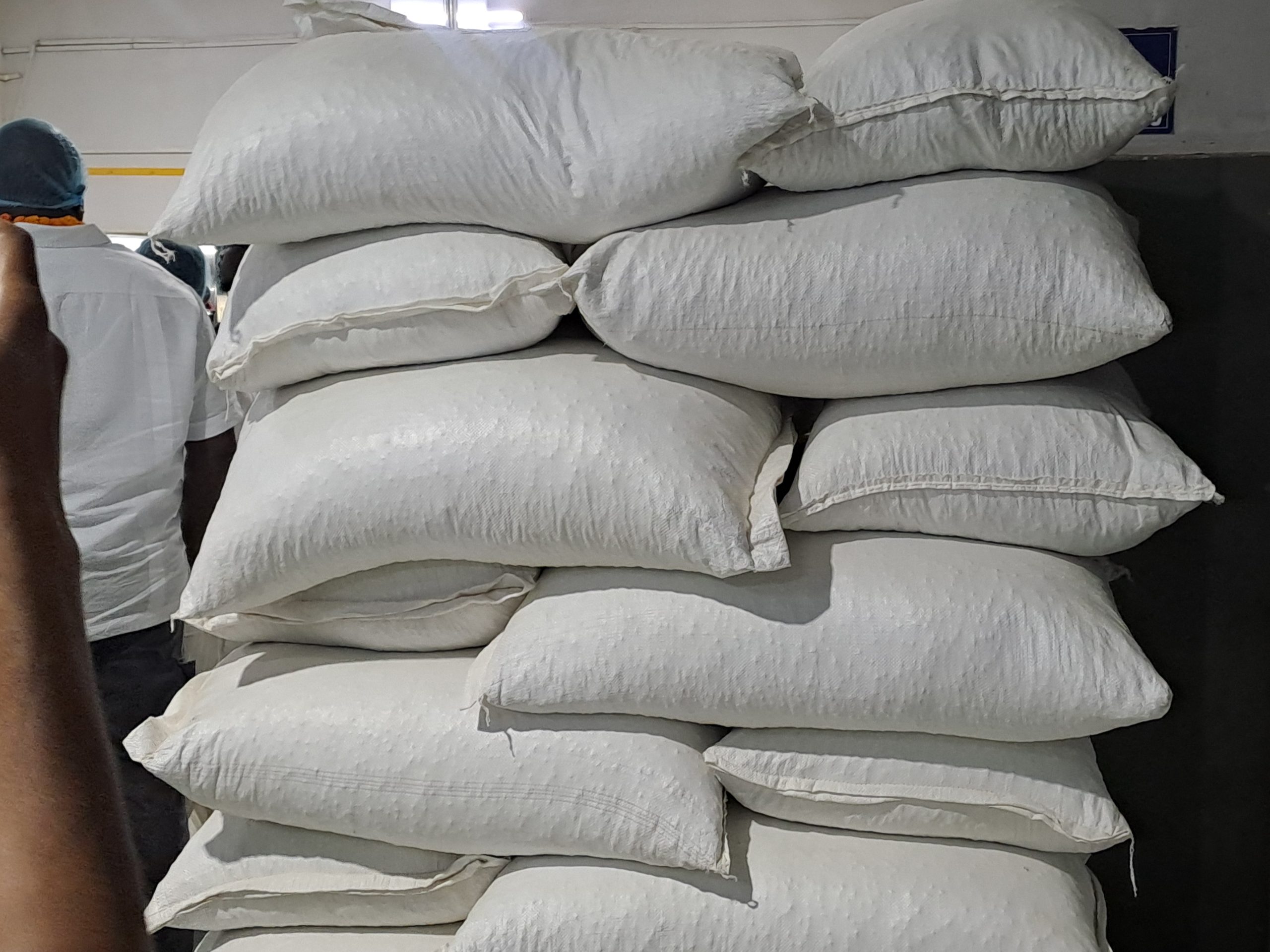
The direct impact of Akshaya Patra’s initiative is evident. Teachers in schools reported a significant increase in student attendance, punctuality, and academic concentration since the meals began. For many children, this is the only proper meal they get in a day – a lifeline that sustains not only their health but also their hope.
Children no longer skip classes because of hunger. Instead, they come to school with enthusiasm, knowing a warm, wholesome meal awaits them. The initiative also eases the financial burden on struggling parents and contributes to gender equality, as more girls remain in school rather than staying home to help with household chores.
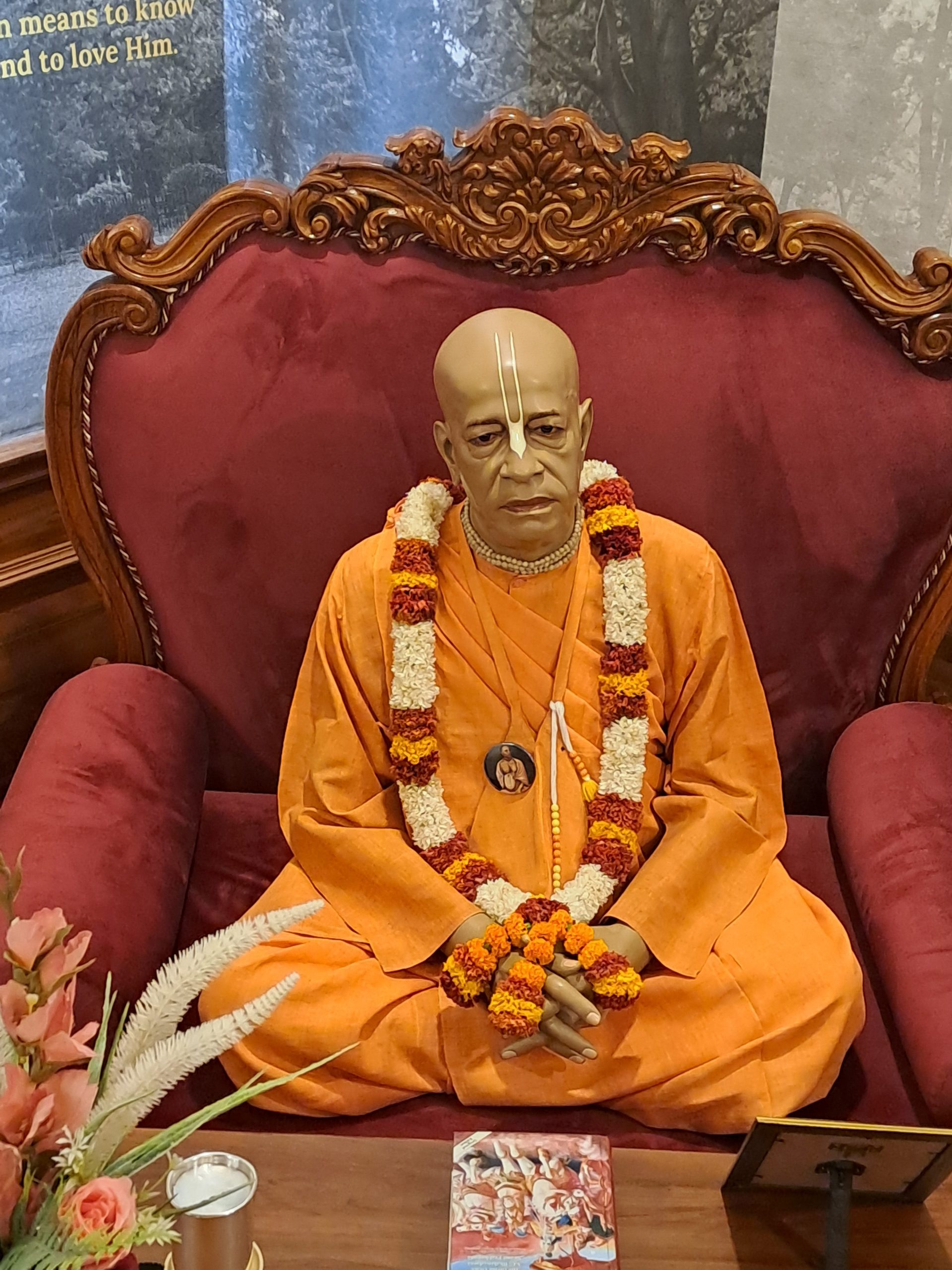
Founder: Akshaya Patra
For African nations grappling with child malnutrition, school dropout, and unemployment, the Akshaya Patra model provides a replicable blueprint. Governments can collaborate with private foundations and community-based organizations to implement similar school feeding programmes, tailored to local contexts.
Philanthropists across Africa should be inspired to support such initiatives not just as acts of charity, but as investments in the continent’s human capital. With the right policy frameworks, accountability structures, and innovations in food logistics, Africa too can scale up sustainable school feeding programmes that improve education, health, and social mobility.
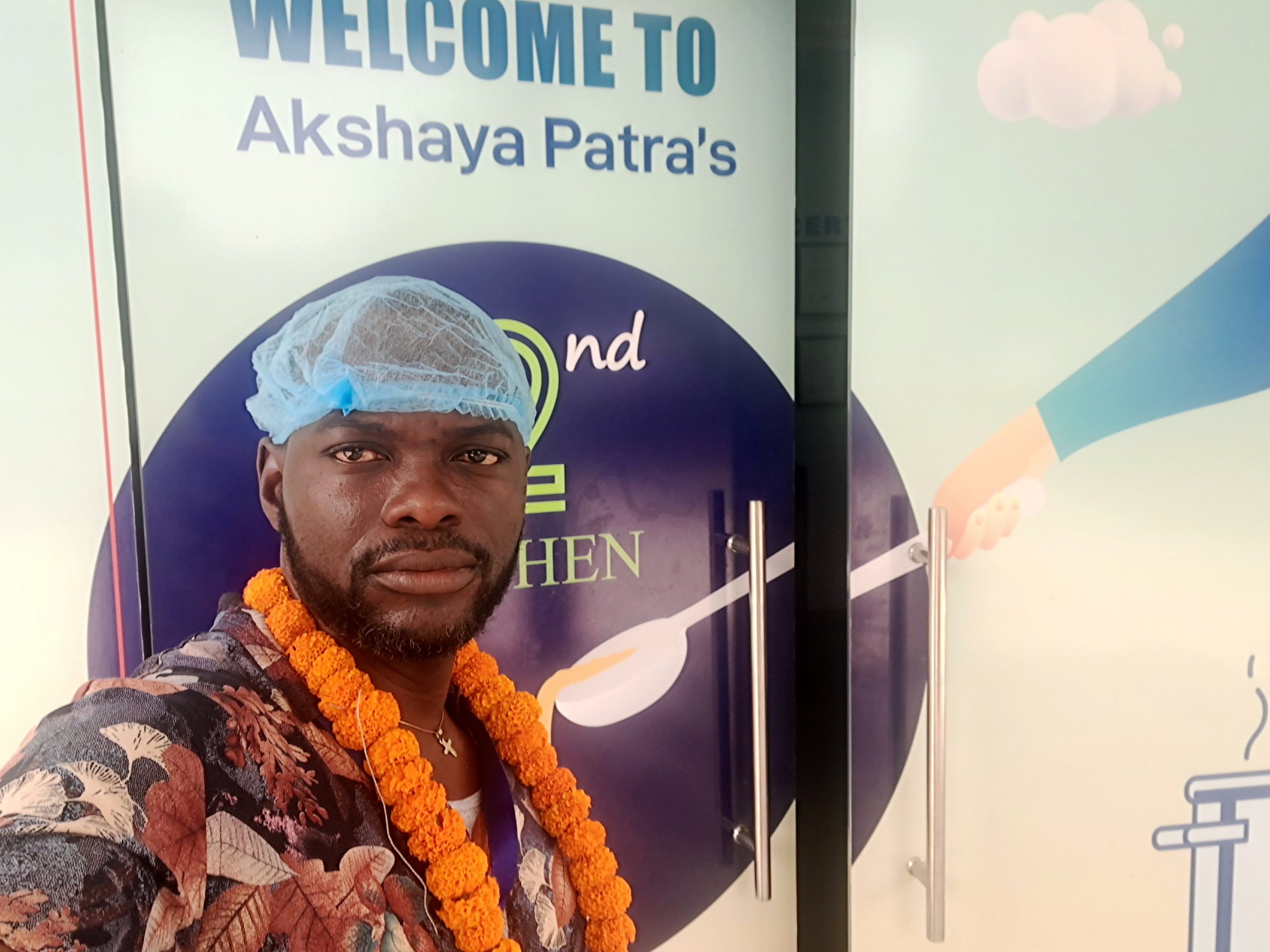
Countries like Sierra Leone, Ghana and Kenya have already introduced national school feeding schemes, but the Akshaya Patra experience shows that scale, consistency, and efficiency are possible with the right partnerships.
Witnessing Akshaya Patra’s operations firsthand was a humbling experience. It reminded me of the immense power of purposeful philanthropy and efficient governance.
My experience in India has given me a renewed conviction that solving some of Africa’s toughest challenges – from hunger to education inequality – requires more than just good intentions. It demands vision, innovation, and a shared responsibility between governments, the private sector, and civil society.
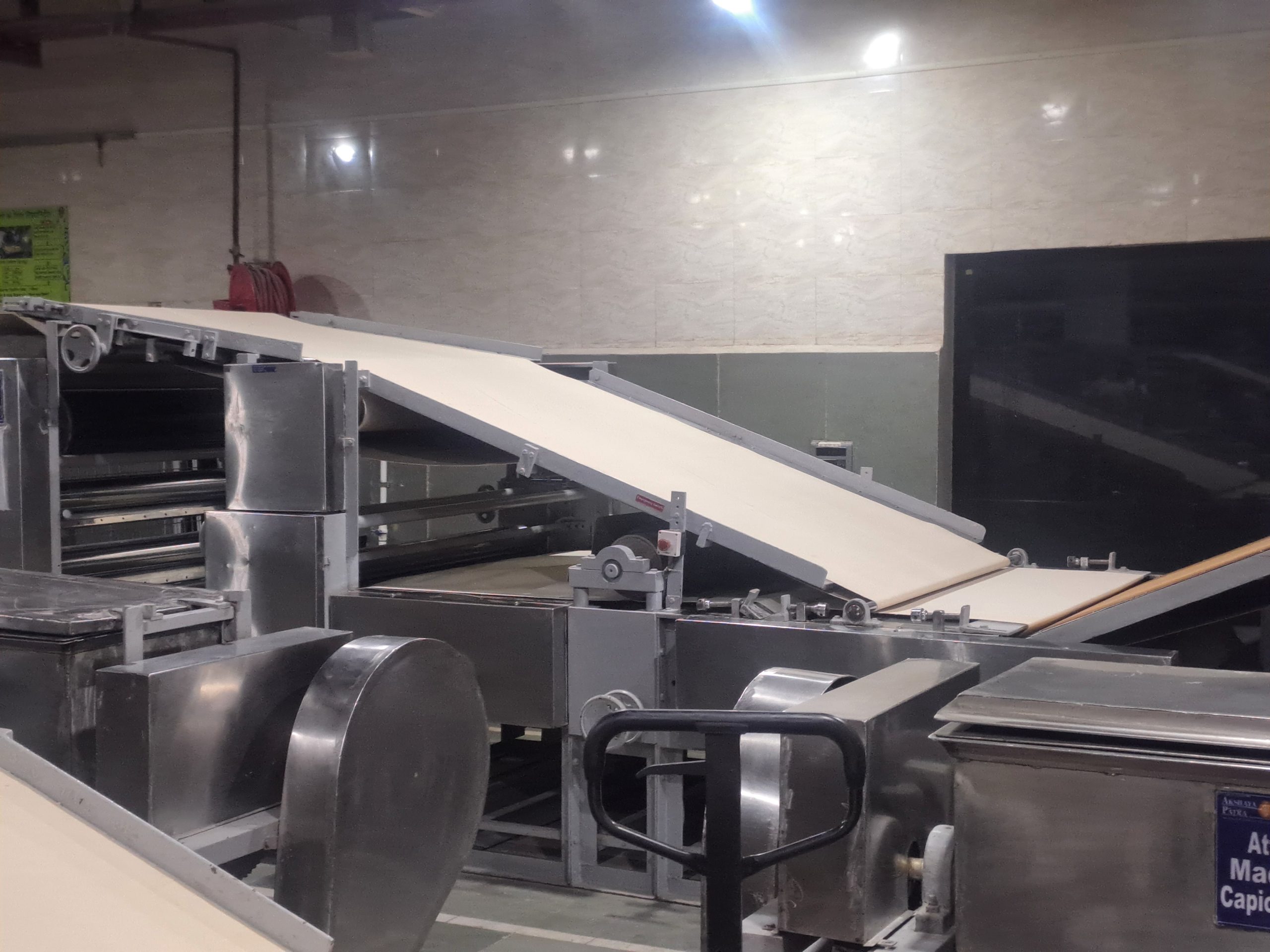
As I reflect on the smiling faces of children lining up for their meals, I see a future that African leaders and philanthropists can help shape – one where no child sleeps hungry or misses school for lack of food.
Indeed, if India can do it, so can Africa.


